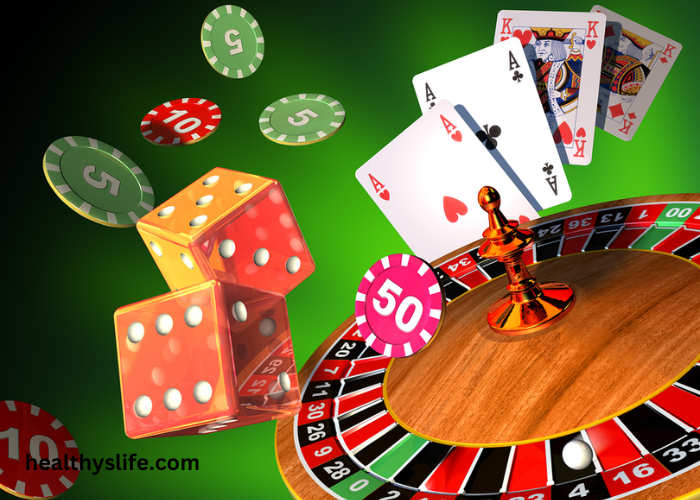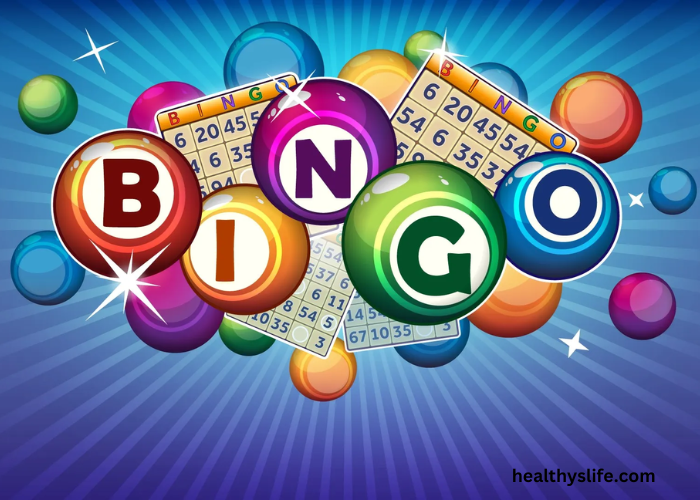Introduction
The word “casino” conjures images of glitzy lights, exhilarating games, and the thrill of chance. But what does “casino” truly mean, and how has its definition evolved over time? Understanding the true meaning of a casino requires delving into its origins and examining its modern-day impact on society, culture, and the economy. This article explores the historical roots of casinos, their evolution into contemporary entertainment hubs, and the significance they hold today.
The Origins of Casinos
The concept of gambling dates back thousands of years, with evidence of games of chance found in ancient civilizations such as China, Rome, and Egypt. However, the specific term “casino” is derived from the Italian word “casa,” meaning “house” or “small building.” In its earliest form, a casino was a place for social gatherings and leisure activities, not necessarily focused solely on gambling.
Early Beginnings
- Ancient Rome: Romans enjoyed various forms of gambling, including dice games and betting on chariot races. Although there were no designated casinos as we know them today, public spaces often served as venues for these activities.
- Renaissance Italy: The first formal casinos emerged in Italy during the Renaissance period. The Ridotto, established in Venice in 1638, is often regarded as the world’s first official casino. It was a government-sanctioned establishment where the wealthy could gamble in a controlled environment.
- Expansion Across Europe: Following the success of the Ridotto, casinos began to spread across Europe, particularly in cities like Monte Carlo, Baden-Baden, and Paris. These venues catered to the aristocracy and the affluent, establishing gambling as a social pastime.
The Evolution of the Casino
As society evolved, so did the concept of the casino. By the 19th century, casinos began to adopt more diverse gaming options and modern amenities, catering to a broader audience. This evolution included the following key developments:
1. Introduction of Table Games and Slot Machines
As gambling gained popularity, various games were introduced. Table games like blackjack, poker, and roulette became staples in casinos, attracting players with their mix of skill and chance. The late 19th century saw the emergence of slot machines, offering a new, simple way for patrons to engage in gambling. These machines quickly became popular for their ease of use and potential for big payouts.
2. The Rise of Las Vegas
The transformation of the casino industry took a significant turn in the 20th century with the establishment of Las Vegas as a global gambling capital. In the 1940s and 1950s, the city became synonymous with lavish casinos, entertainment, and nightlife. Major hotels began to incorporate extensive gaming areas, drawing in tourists from around the world. The iconic Las Vegas Strip emerged as a prime destination for both gambling and entertainment, solidifying the casino’s place in popular culture.
3. Regulation and Modernization
As the casino industry expanded, so did the need for regulation. Governments began to impose laws to ensure fair play and responsible gambling practices. Many jurisdictions now require casinos to obtain licenses and adhere to strict guidelines, promoting transparency and player protection. Additionally, the introduction of online casinos in the late 1990s revolutionized the industry, allowing players to gamble from the comfort of their homes.
The Modern-Day Impact of Casinos
Today, casinos are much more than venues for gambling; they are multifaceted entertainment complexes that have a significant impact on society and the economy. Here are some ways in which casinos influence our modern world:
1. Economic Contributions
Casinos play a vital role in local and national economies. They create jobs in various sectors, including hospitality, entertainment, and gaming. The revenue generated from casinos contributes to public funds, supporting infrastructure, education, and community programs. For many regions, casinos serve as a major tourist attraction, bringing in visitors who spend money on accommodations, dining, and entertainment.
2. Cultural Significance
Casinos have become cultural landmarks, reflecting the values and lifestyle of the communities they inhabit. They often serve as venues for major events, concerts, and performances, showcasing local talent and attracting international artists. The integration of casinos into popular culture can be seen in films, television shows, and literature, further solidifying their place in the public consciousness.
3. Social Dynamics
The social aspect of casinos cannot be overlooked. They provide spaces for people to gather, celebrate, and engage in shared experiences. Whether it’s playing cards with friends, attending a concert, or enjoying a meal at a restaurant, casinos foster connections among patrons. However, this social interaction can also lead to challenges, such as gambling addiction, prompting the industry to prioritize responsible gaming initiatives.
4. Technological Advancements
The casino industry has embraced technological innovations, enhancing the gaming experience. From sophisticated slot machines with interactive features to mobile gaming apps and virtual reality experiences, technology continues to shape the معنی کازینو. These advancements not only improve gameplay but also attract a younger audience, ensuring the industry’s longevity.
Conclusion
The true meaning of a casino extends far beyond mere gambling; it encompasses a rich history, cultural significance, and a considerable impact on the economy and society. From its origins as a social gathering space to its modern incarnation as a multifaceted entertainment hub, the casino has evolved dramatically over the centuries. As we look to the future, casinos will likely continue to adapt and innovate, remaining integral to the entertainment landscape and reflecting the changing values and preferences of society. Whether enjoyed as a leisurely pastime or a thrilling adventure, the casino will always hold a unique place in the hearts of many.



